Captain Kirk’s Deeper Code
Captain Kirk is more than a ladies’ man. This deep dive into episodes like "The Corbomite Maneuver" and "The City on the Edge of Forever" reveals the tactician, philosopher, and tragic hero within.
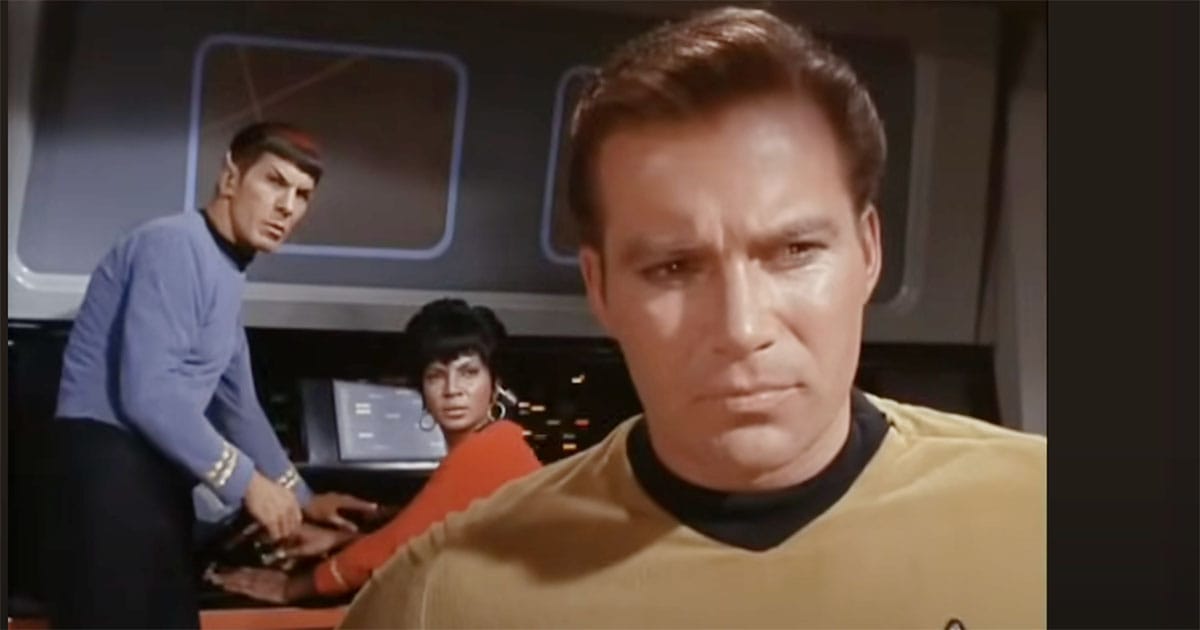
The Enterprise moves like a thought through space—silent, assured, and purposeful. At its helm, Captain James T. Kirk stands among his crew. The ever-logical Spock, the irascible McCoy, the steady hands at navigation. To many, this image is a fixture, etched in pop culture as surely as the ship itself. Yet in the long shadow of Kirk's command, a peculiar shorthand has taken root.
In the collective imagination, Kirk became the emblem of a certain kind of swagger. He was the man who kissed the girl, fired the phaser, broke the rules, and smiled while doing it. A hundred parodies kept the myth alive. His legacy, in some quarters, was reduced to the punchline of an interstellar Casanova.
But for those who've watched with care—who've really watched—something more endures. Beneath the grin is calculation. Behind the boldness, burden. What kind of man commands with instinct but wrestles with duty? Who chooses sacrifice when the world offers escape?
The answers lie not in summaries or tropes but in the grain of the stories themselves. A handful of episodes begin to peel back the veneer and offer instead a portrait of Kirk drawn not in charm but in choices.
The Gambler as Guardian
Originally broadcast in 1966 but filmed earlier in production, "The Corbomite Maneuver" is one of the first stories to place Captain Kirk squarely at the center of a moral and tactical dilemma.
The episode introduces not just the man in the chair, but the method behind his decisions. Facing a seemingly superior alien threat in the form of the mysterious Balok, Kirk responds not with immediate aggression, but with calculated audacity.
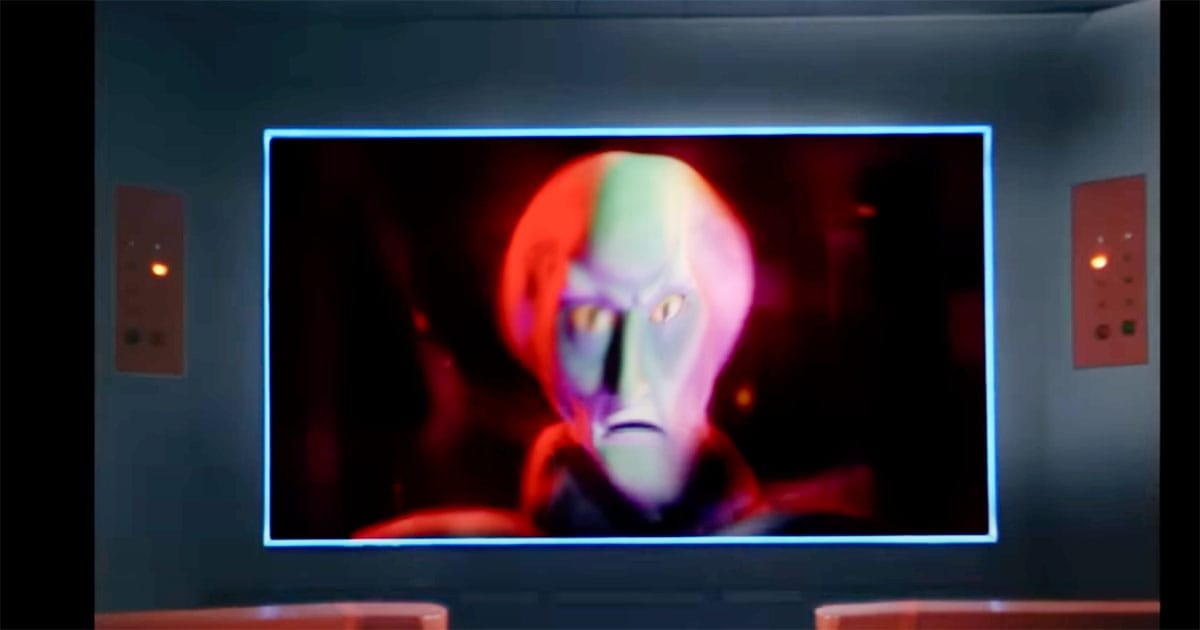
His solution—a fictional defense system called "corbomite" that promises mutual destruction—turns the confrontation on its head. Rather than provoke war, he bluffs peace through deterrence. This moment frames Kirk not as a cowboy with a quick draw, but as a Cold War-era chess player who understands the value of perception, patience, and psychological leverage.
Kirk's refusal to strike first makes this maneuver more than a clever trick. Even when the odds lean toward destruction, he chooses negotiation and respect for life. The episode closes not with conquest but with compassion, as Kirk extends a hand of friendship to Balok.
Here, Kirk is no adventurer chasing thrills. He is a guardian who bluffs not to win, but to protect—his crew, his ship, and the fragile possibilities of understanding across the stars.
The Cold Commander
"Balance of Terror" casts Captain Kirk not in motion, but in tension. The episode introduces the Romulans and unfolds as a taut, slow-burning duel—a cold war in miniature, played out through screens, silence, and calculated decisions. It is the first time Kirk faces an enemy who mirrors him in both intellect and restraint.
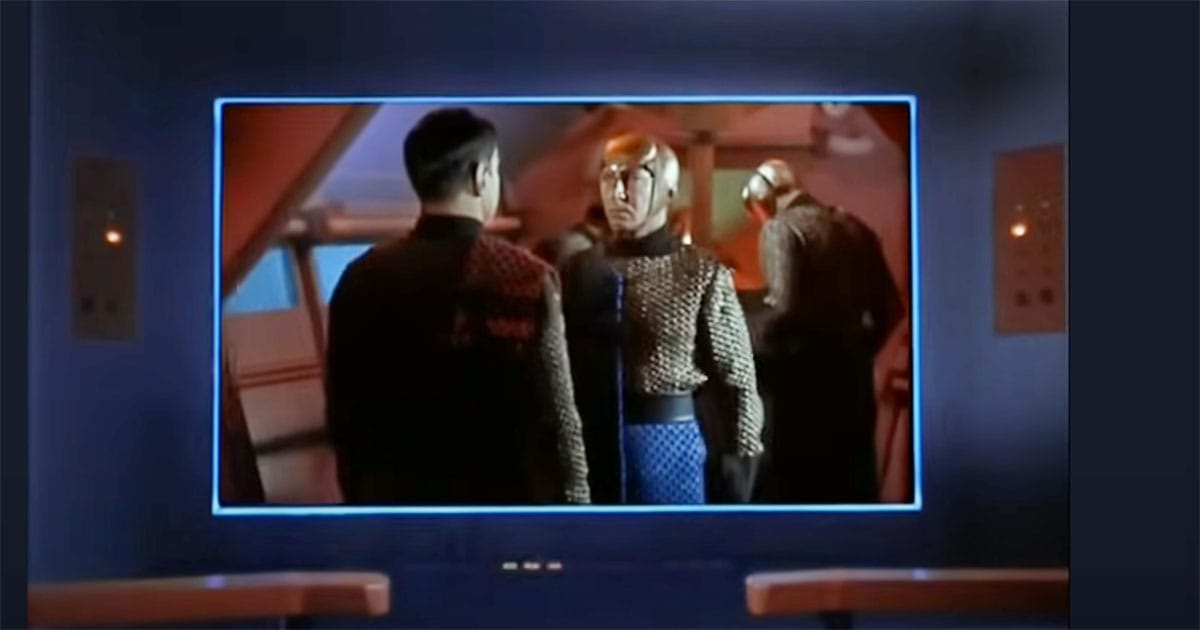
This is not a contest of firepower. It is a psychological standoff, echoing submarine warfare, where every decision carries the weight of lives unseen. In this crucible, Kirk reveals a different kind of strength. He listens, deliberates, and holds the line against fear, even as some on his crew call for preemptive action. Where others flinch or lash out, Kirk holds fast.
His demeanor throughout is composed, deliberate. He absorbs counsel, measures outcomes, and carries the burden of choice alone. The episode underscores the isolation of command. There is no exhilaration in victory here—only a grim acknowledgement of necessity.
"Balance of Terror" draws its power not from spectacle but from the gravity of leadership. Kirk, in this frame, is not the charming adventurer or the crafty bluffer. He is a commander shaped by duty, steeled by consequence. The coldness is not callousness. It is control—hard-earned, and painfully kept.
The Tragic Hero
In "The City on the Edge of Forever," Captain Kirk is neither negotiating from the bridge nor matching wits with a hostile commander. He is in 1930s New York, disoriented by time travel and faced with a choice that will define him more than any tactical victory ever could.
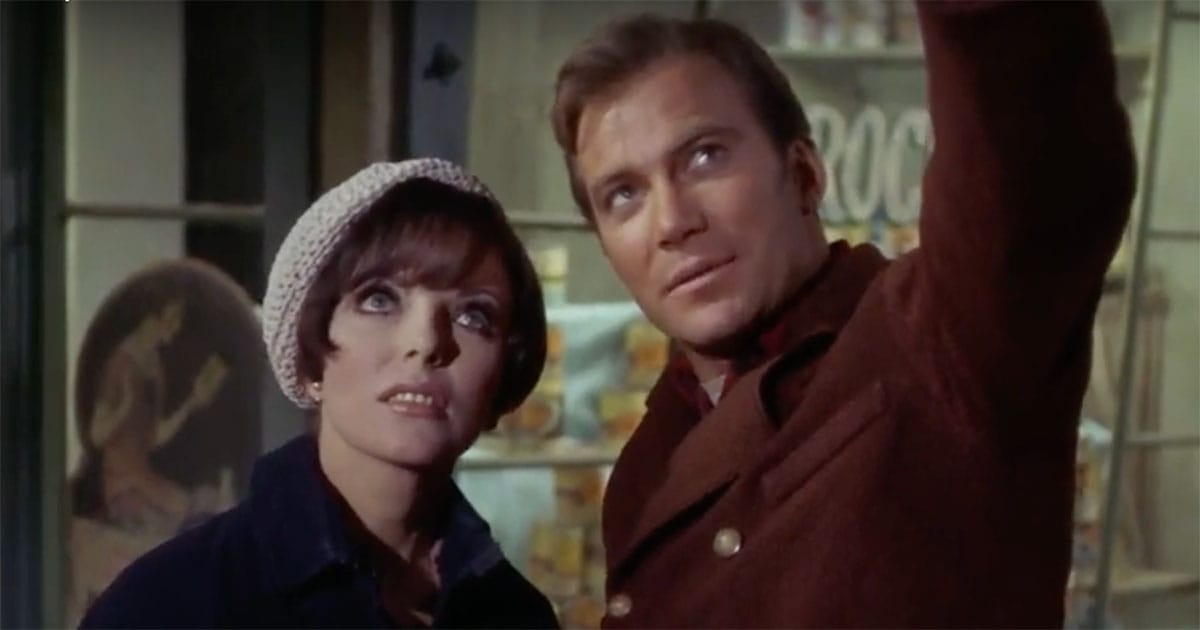
This episode reveals Kirk's humanity in full. When he falls in love with Edith Keeler, it is not a fleeting diversion. She represents a future he could want—peace, beauty, and shared purpose. But history demands her death, and the timeline depends on it. To save the future, he must let her die.
The emotional core of the episode rests not in melodrama, but in restraint. Kirk does not rage against fate. He understands it. He lives the contradiction of the tragic hero: he knows what must be done, and he does it, despite what it costs him.
There are no bluffs here, no grand speeches or military maneuvers. Just silence, a held breath, and a final refusal to alter the course of time. The episode ends not with triumph, but with quiet devastation.
Through it, we see the depth of Kirk's character. He is not made by the moments he commands, but by the ones he endures—and refuses to escape.
Dualities and Doubts
"The Enemy Within" fractures Captain Kirk into two beings—the assertive, instinct-driven persona and the gentle, introspective counterpart. Neither alone is sufficient to command. The episode is less a science fiction curiosity than a meditation on leadership's inner balance. It argues, through science fiction metaphor, that strength without conscience is savagery, and compassion without resolve is ineffectual. True command, it suggests, is the uneasy union of both.
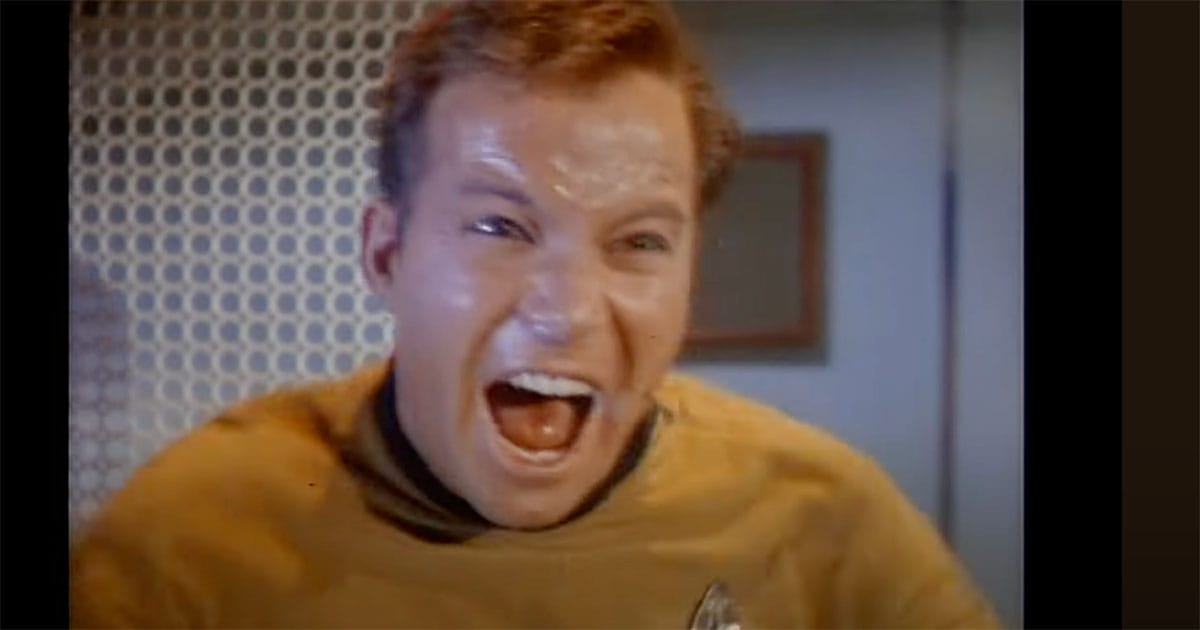
In "The Ultimate Computer," Kirk confronts a different crisis—not within himself, but in the shifting currents of technology. The M-5 computer is designed to replace him. At first, the machine performs brilliantly, but its cold logic leads to unnecessary destruction. Kirk must prove that humanity's worth cannot be computed. His objection is not Luddite fear, but a deep-rooted belief that judgment requires a soul.
Both episodes depict Kirk not as a master of every situation, but as a man forced to question his own place and purpose. These are not stories of victory in the traditional sense. They are reflections on identity, command, and the cost of retaining humanity in a world increasingly tempted by expedience.
Kirk emerges not diminished, but clarified. He remains in command not because he is infallible, but because he chooses to carry the weight of those imperfections.
Beyond the Uniform
The idea of Captain Kirk as merely a ladies' man persists, but it tells only the most superficial part of his story. The episodes explored here reveal a far more intricate figure—one defined by tactical acumen, moral rigor, and emotional restraint. Whether bluffing an alien threat, navigating the ethics of time travel, or facing his own obsolescence, Kirk consistently acts from a place of principle rather than ego.
To reduce him to romance and bravado is to miss the essence of what makes his command timeless. He is not a caricature but a study in contrast, a leader tested by uncertainty and made stronger by sacrifice.
Look again. The real story is waiting.

